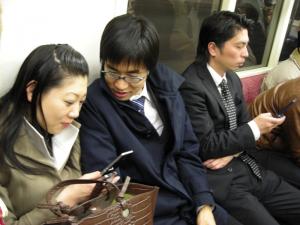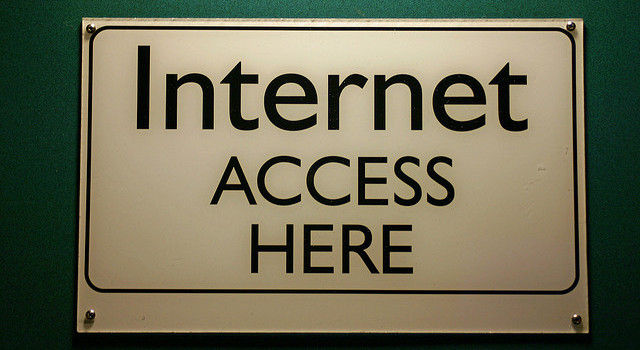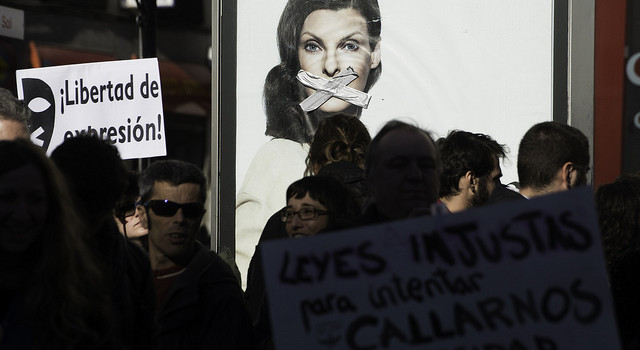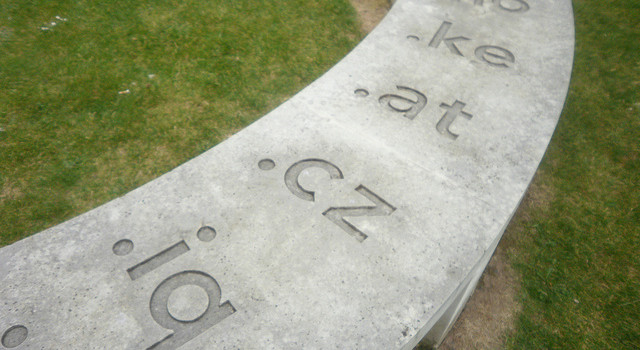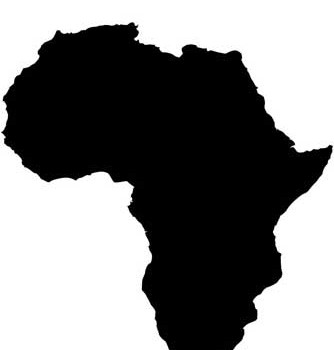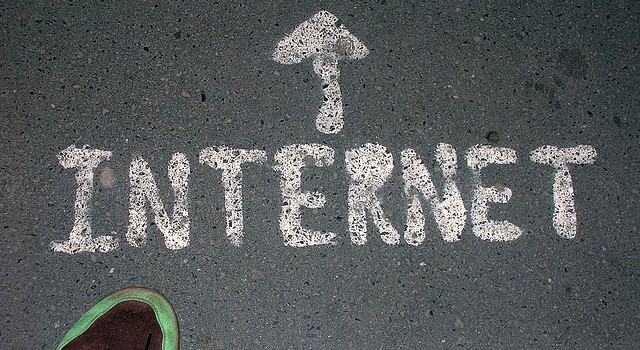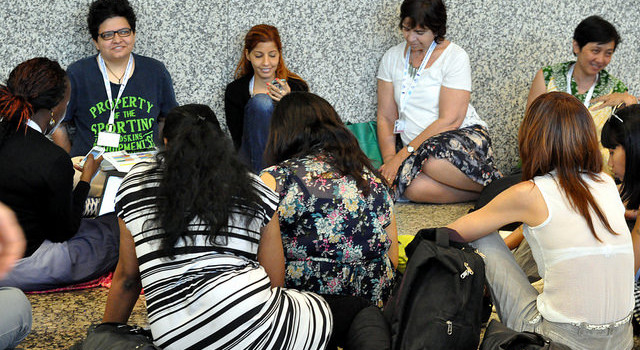By APC (APC), May 2011 The dramatic increase in the number of people using mobile phones worldwide constitutes an enormous opportunity for the enforcement of human rights and for using information and communication technologies for social development. As recognised by
The mobile internet from a human rights perspective: Collected policy briefs
